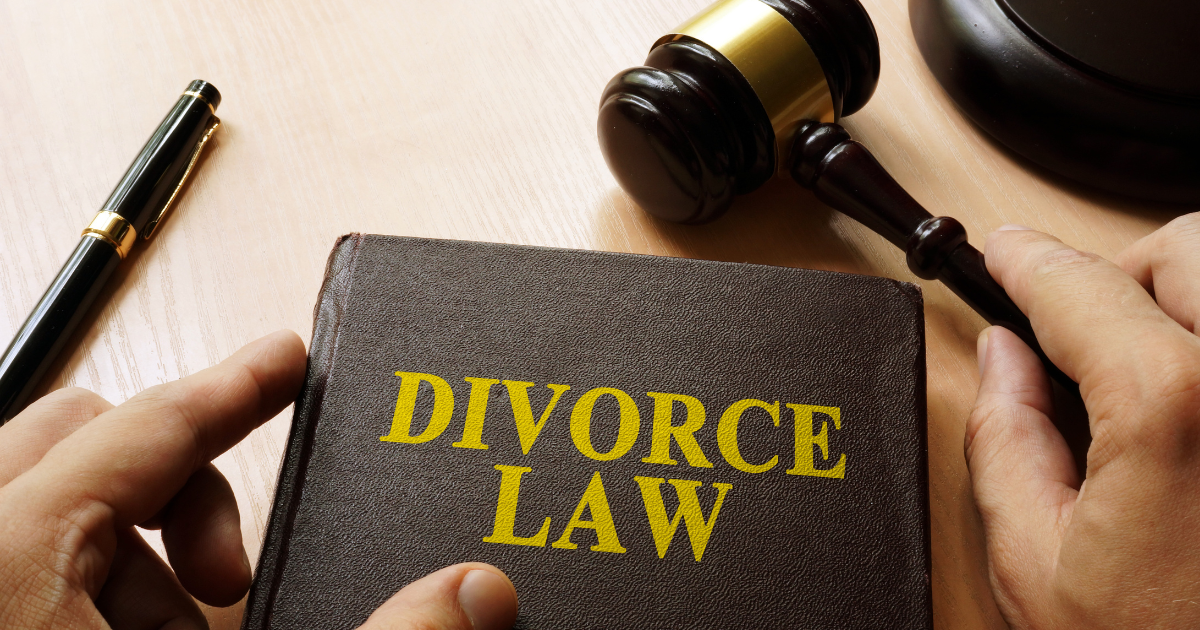Grounds for Divorce in Middlesex County
If you are considering divorce in Middlesex County, it is important to understand the legal grounds for ending a marriage in New Jersey. Attorney Megha R. Thakkar, Esq. is dedicated to guiding clients through this complex process with personalized attention and knowledgeable legal representation.
What Are the Grounds for Divorce in Middlesex County?
New Jersey allows for both fault-based and no-fault divorce. The reason you choose to file can impact various aspects of the divorce, including property division, spousal support, and child custody.
No-Fault Divorce in New Jersey
A no-fault divorce is based on irreconcilable differences or separation:
- Irreconcilable Differences: The most common ground for divorce in New Jersey, irreconcilable differences simply means that the marriage has broken down for at least six months with no hope of reconciliation. Neither spouse needs to prove wrongdoing.
- 18-Month Separation: If a couple has lived separately for at least 18 consecutive months, they can file for divorce without proving fault.
Fault-Based Divorce in New Jersey
A fault-based divorce requires proof that one spouse’s actions led to the breakdown of the marriage. Grounds for a fault-based divorce include:
- Adultery: If one spouse has engaged in an extramarital affair, the other can file for divorce based on adultery.
- Extreme Cruelty: This includes physical or emotional abuse that makes it unreasonable for the spouses to continue the marriage.
- Desertion: If one spouse has left the other without justification for at least 12 months, it can be grounds for divorce.
- Addiction: If a spouse has struggled with drug or alcohol addiction for at least 12 months, it can be cited as a reason for divorce.
- Institutionalization: If a spouse has been institutionalized for mental illness for at least 24 months, the other may file for divorce.
- Imprisonment: If a spouse has been incarcerated for at least 18 months, the other can file for divorce.
- Deviant Sexual Conduct: This applies when one spouse engages in sexual behavior that the other finds intolerable.
Should I File for Fault or No-Fault Divorce?
Choosing between a fault or no-fault divorce depends on your circumstances. A no-fault divorce is typically quicker and less contentious, as it does not require proving wrongdoing. However, a fault-based divorce may be beneficial in certain cases, such as when seeking a favorable outcome in spousal support or custody matters.
How Can a Middlesex County Divorce Lawyer Help?
Navigating divorce law in New Jersey can be overwhelming, but you do not have to go through it alone. Thakkar Family Law provides personalized legal representation to protect your rights and interests throughout the process. From filing for divorce to negotiating settlements or representing you in court, we are here to help.



